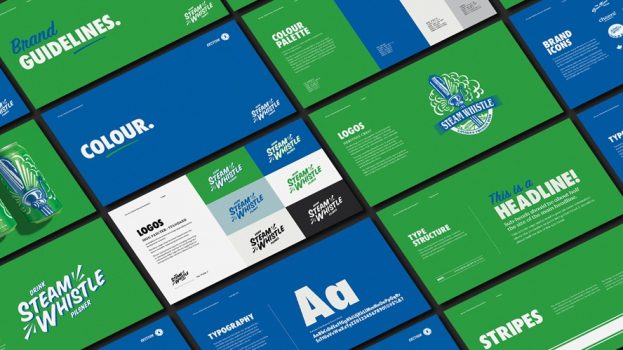
By Will Novosedlik
You’ve probably seen those vintage ads from the 1950s with headlines like “More doctors smoke Camels than any other cigarette” or “20,679 physicians say Luckies are less irritating.” And if that wasn’t convincing enough for you, there was always Lucky Strike’s famously meaningless distraction, “It’s toasted.” It’s easy to chuckle about how ridiculous those ads look now.
As is now common knowledge, ads like these were made by the tobacco companies to deflect consumers’ attention from the growing body of scientific evidence that smoking can cause cancer and kill you. While a lot of these ads depicted fictitious physicians, others relied on actual celebrities to shill for them. The Canadian Code of Advertising Standards would classify that as a testimonial, a form of advertising as old as the bible, deployed by marketers to make their product claims appear more trustworthy.
With the arrival of social media, a new form of endorsement emerged: influencer marketing. Ad Standards’ guidelines governing influencer marketing are the same as those that apply to a testimonial – it must “reflect the genuine, reasonably current opinion of the individual(s), group or organization making such representations, and must be based upon adequate information about or experience with the identified product or service and must not otherwise be deceptive.”
The Canadian Code of Advertising Standards goes on to say that “in assessing the truthfulness and accuracy of a message, advertising claim or representation under Clause 1 of the Code…the focus is on the general impression conveyed by the advertisement.” So if, say, a dietician is endorsing a product’s efficacy when in fact there is no evidence that such a claim is true, the general impression of efficacy is misleading.
Last week just such a situation was brought to the public’s attention. The Federal Trade Commission (FTC) issued warnings to two food and beverage industry groups, as well as a dozen online influencers, for failing to adequately disclose paid social media posts that promoted a sweetener and sugary products.
According to reports, “Instagram and TikTok posts were made by influencers who were apparently hired by the American Beverage Association, a lobbying group whose members include Coca-Cola Co., PepsiCo and the Canadian Sugar Institute, which represents Canadian sugar manufacturers.”
The posts were by health influencers, some of whom were registered dieticians who appear to have been paid by the Canadian Sugar Institute to endorse “sugar-containing products.” If that were true, they would be in conflict with the guidelines of both the FTC and the CCAS.
We spoke with Bob Froese, founder and chief creative officer of creative agency Bob’s Your Uncle, a firm with a lot of experience in the food and beverage category. “Frankly, I’m surprised,” admits Froese. “Influencer marketing has been around for 15 years and is a very well-established tactical component of every marketing budget. The rules and regulations governing its use are crystal clear. So this situation is either the result of really sloppy oversight or, worse – an intent to deceive the consumer.”
Froese and his firm are regular users of influencer marketing, which he claims is very effective. The CCO asserts that the agency very carefully vets every influencer they partner with for credentials, credibility and reach. In a world where there is greater scrutiny than ever on “bad for you” ingredients, heightened awareness of the nutritional aspects of highly processed foods and an increase of healthier expectations, this kind of care is absolutely critical if one does not wish to contravene guidelines governing truth and accuracy.
The effectiveness of influencer marketing is based on the belief that people trust their peers more than they trust messaging from the brand itself. Chartered marketer Peter Rodriguez, founder of marketing consultancy Brand Igniters, is skeptical.
“I think there is a misconception about what influencer marketing can do,” says Rodriguez. “The first question I would ask is, ‘what is an influencer’s reach?’ If you think about the big influencers, that might mean 200 or 300 million. When you put that in a global context, it’s nothing. You know how many people are reached by TV in the world? It’s 79% of the population. In Canada, that’s 32 million people. But if the biggest influencers in Canada have a reach of maybe two or three million, that’s still just a drop in the bucket.”
Then there is the issue of trust. “When you do serious studies about the real impact influencers have, you find out that they don’t have that much,” says Rodriguez. “Why would I trust an influencer that I don’t even know? Of course you will always find some people who do. But if you combine the actual reach, which is not that big, and then the level of trust, which is probably something that you cannot take at face value, then it doesn’t sound like a great idea from a marketing standpoint.”
Given last week’s news from the FTC, Rodriguez makes a good point. When health influencers endorse a product that is known to have harmful effects, they look a lot like those doctors from the middle of the last century.























